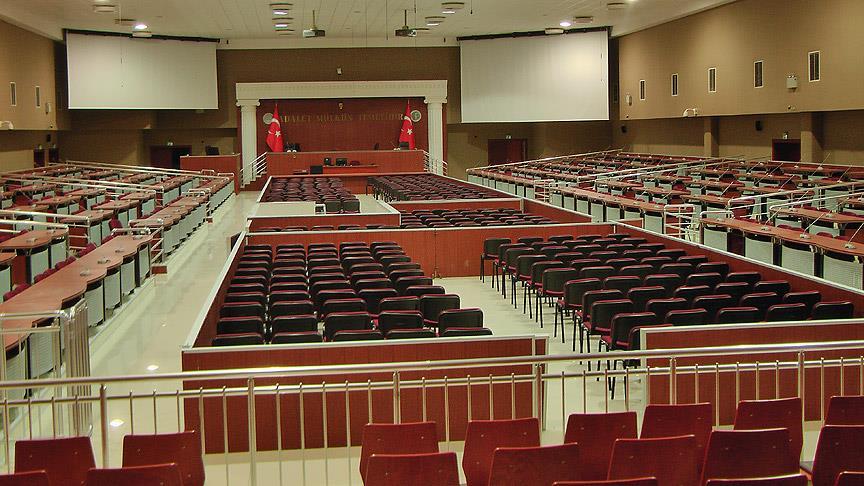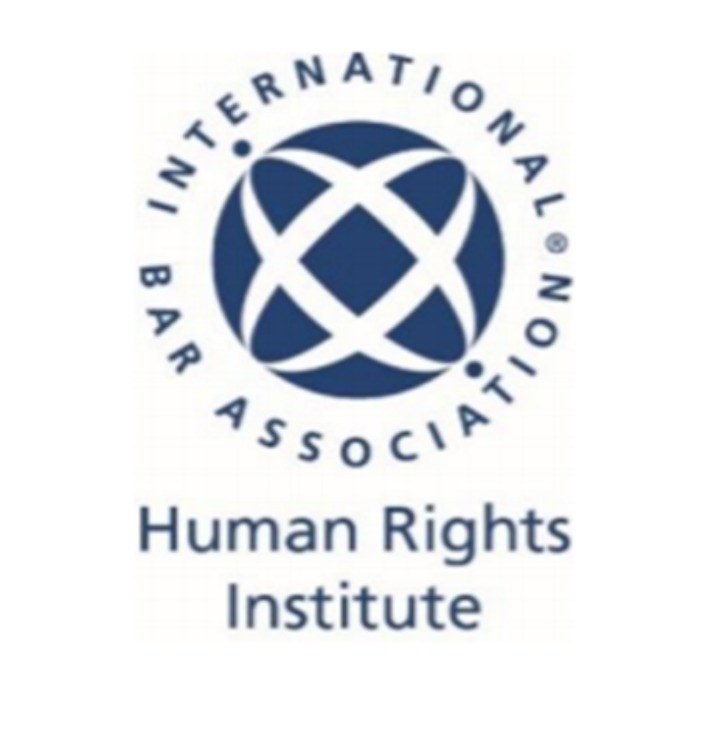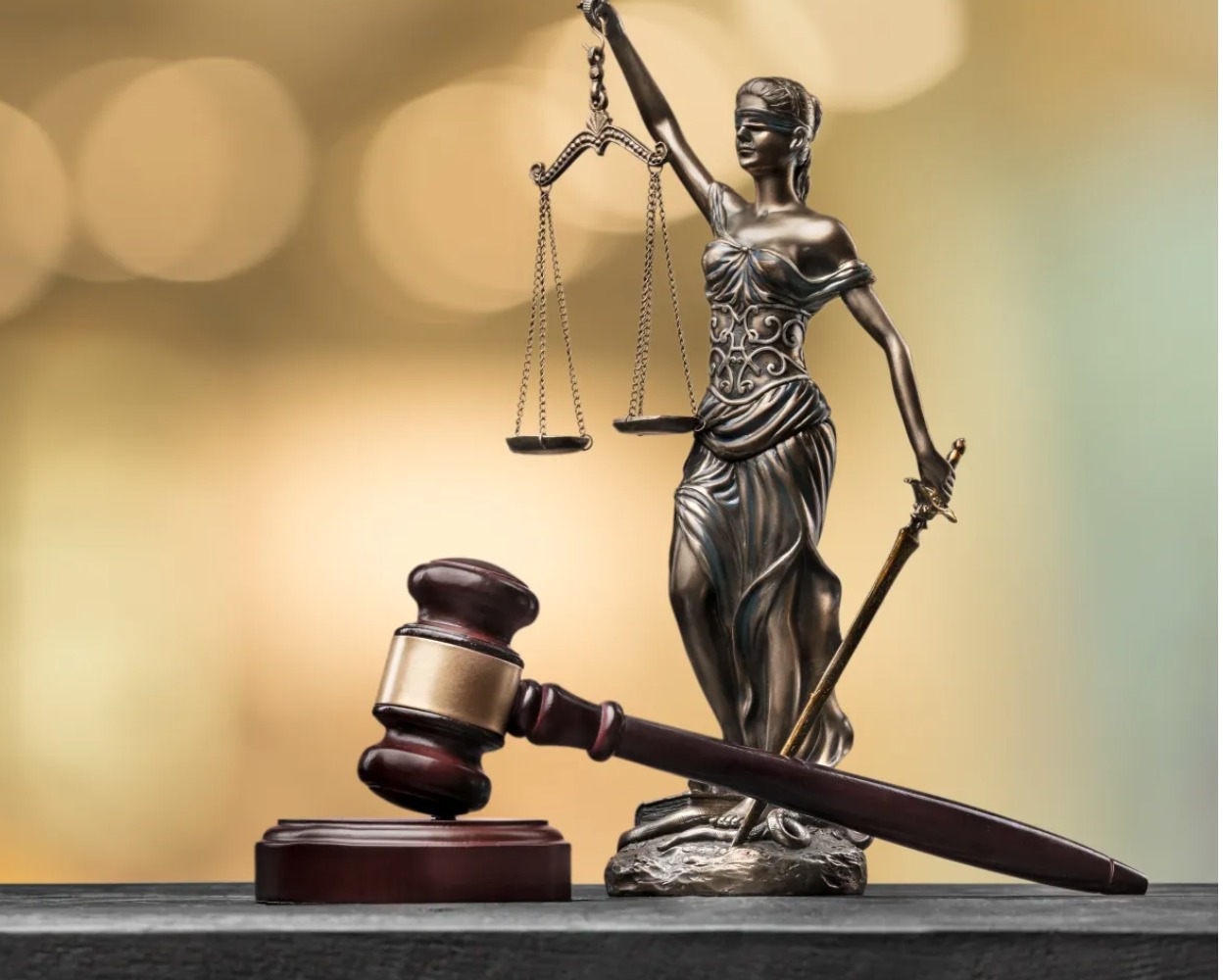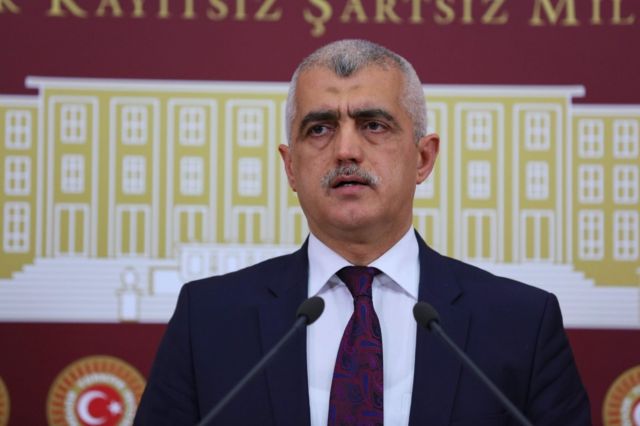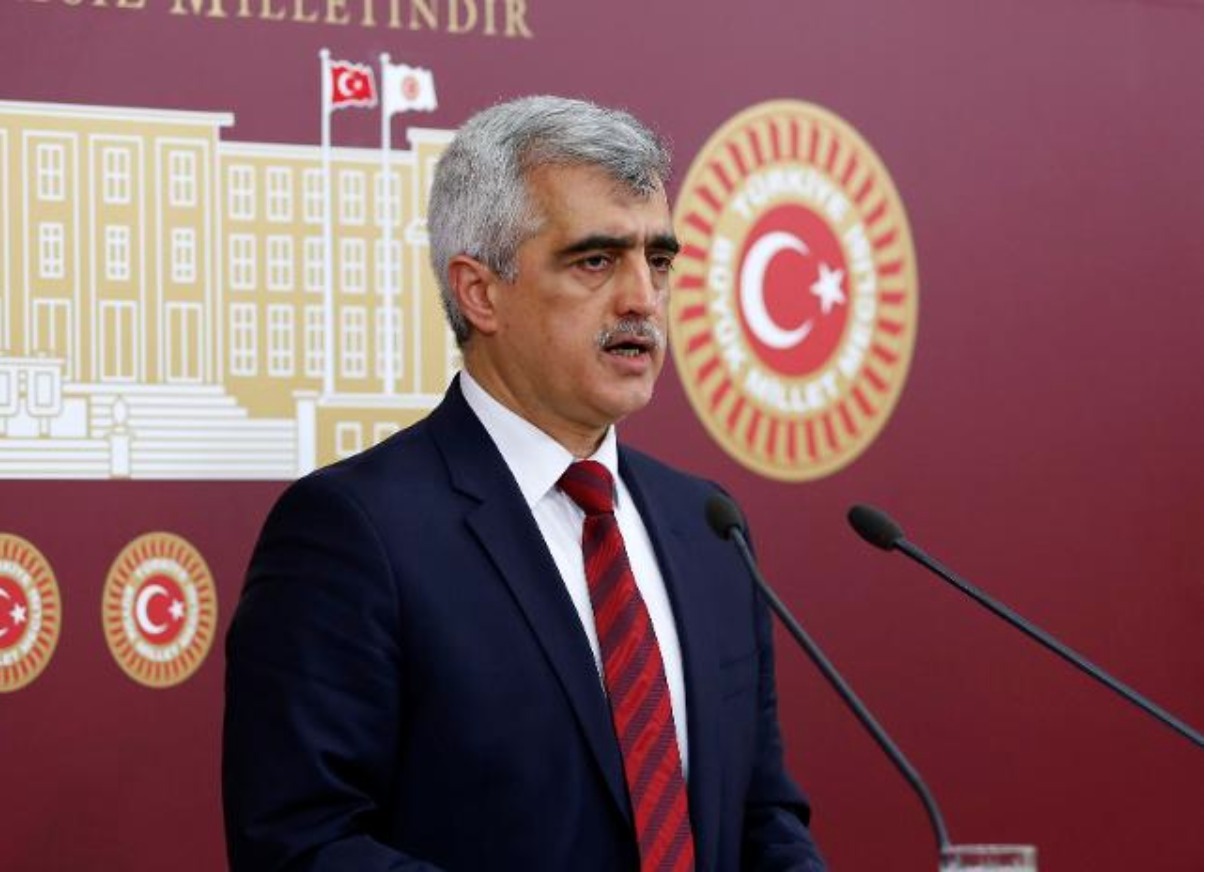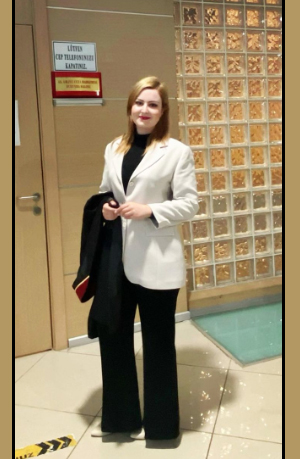1. Recently, in July 2020, an investigation was launched and a public case was filed against a defense attorney on charges of “being a member of the alleged criminal organization” because of his professional duties as a lawyer, and of “threatening by taking advantage of the fearsome power (of the alleged criminal organization)” based on an imaginary incident of conveying greetings of his client to an attorney of the complainants (For details about the incident in question, please see https://adnanoktarlawsuit.com/2020/08/02/we-are-concerned-about-the-effort-to-label-every-action-related-to-love-as-criminal/) As explained in other posts, the main indictment of this lawsuit is full of strained interpretations to portray utterly legitimate and ordinary behaviors and acts as criminal acts. This is yet another example of the same approach.
This new incident is important particularly in two aspects:
- The pressure upon lawyers since the first day of the police operation intends to scare them, cause them to refrain from taking our case, and eventually to deprive us of any defense.
- At the latest stage of the prosecution, as there were no legal grounds to prolong the detention of the detained defendants, the greeting words that have never been sent were used to portray the defendants as “dangerous” and this was used as a reason for the continued detention of 77 defendants.
There are some other unprecedented, irrational, arbitrary punishments and restrictions inflicted upon the defendants:
2. For example, green and blue clothes are banned for prisoners as a general rule for all prisoners in Turkey. But for the defendants in our case only, “yellow” has recently been banned when their families accidentally brought in yellow clothes for 3 out of 78 people detained in the same prison, and the prison declared “yellow” the “organizational color”. Dozens are wearing white, and dozens are wearing black. There is nothing wrong with 3 people wearing the same color. So it is illogical and arbitrary, as is a former decision to not let them have any “cat” photos or images. There is an effort to interpret anything as “organizational” and then to ban them, making the life of the detained defendants even more restricted and more difficult.
3. Another very important issue is about the right to communicate, which is protected by the Constitution as well as international conventions. Article 10 of the European Convention on Human Rights provides the right to freedom of expression and information, subject to certain restrictions that are “in accordance with law” and “necessary in a democratic society”. This right includes the freedom to hold opinions and to receive and impart information and ideas.
In the recent incident, a letter written by the defendants detained at Silivri Closed Penal Institution No. 7, ward C-1 was deemed “objectionable” by the prison’s Disciplinary Board, and 14 defendants were sentenced on July 28, 2020, to be punished by confinement in a cell for 11 days (according to Article 44/3 of the Law No. 5275 on the Execution of Penalties and Security Measures, due to the act of “Carrying out or having others carry out education and propaganda activities of criminal organizations”).
First of all, we would like to point out that this letter is no different from the hundreds of previous letters written by the same defendants who have been detained for 2 years and sent to their recipients after the approval of the prison’s communications commission. Just like in the hundreds of earlier letters, there is no content or expression in this letter that would be against the law. It contains only drawings for entertainment purposes and funny memories in the ward, which were written only in the context of freedom of communication.
Again, we would like to state that the defendants are well-educated and well-mannered people, and have been extremely respectful to the officers and the administration, fully complying with the discipline rules throughout the time they have been detained.
The letter in question, as also stated by the Prison Disciplinary Board’s own assessment in its decision, is one “where subjects such as daily lives and activities carried out by the prisoners within the ward, and information about the ward activities of prisoners in the prison are addressed”. The letter’s content includes recipes, comments on the art of photography, and funny moments of life in the ward.
It is not true that these letters are shared on social media and propaganda activities are carried out with them. But even if they are shared on social media, the important point is that there is not a single criminal aspect to them. It is a complete mystery how and which aspect of caricature drawings, details of the volleyball tournaments the detainees held in the prison courtyard, or birthday cards they prepared for their friends could be an organizational propaganda, even if shared on social media.
Some statements in the assessment section of the Disciplinary Board’s decision clearly violate the presumption of innocence about the defendants, who are still on trial, such as “Praise about Adnan Oktar, the leader of the criminal organization” or “members of the criminal organization known as the Oktar Group”. These statements seem to intend to make the letter look like one of the letters that the prisons have the right not to send, as specified in the law. But there is no court ruling indicating that the defendants are a “criminal organization”; so “members of a criminal organization” or “the leader of a criminal organization” or “an organizational communication” are out of the question.
When the detainees were told to make their defenses, they asked for a copy of the letter in question, but they were not given; they were not told what the objectionable content was or which statements exactly were found objectionable. If there were any content that could constitute a legal basis for the investigation, examples would certainly have been given, but they were not.
This decision was made with inaccurate, unproven opinions and it is a decision that will prevent the freedom of communication, which is a constitutional right. All these and similar incidents give us the highly worrisome impression that this group is wished to be left in solitude and isolation, not allowed to communicate with their acquaintances, and their long-time friends, not allowed to tell about what they do in prison or to celebrate their friends’ birthdays, and to eventually end up forgotten in prison. Punishments, penal sanctions, and restrictions that are not implemented for even the most dangerous criminals are being implemented for the defendants, for whom there is no criminal sentence yet. They are innocent people, who have never been involved in any crime, and have been unjustly and unlawfully kept detained for more than 2 years solely based on abstract statements of complainants. There is an unprecedented and grave unjustness going on; as these most recent examples show, the approach to the defendants has surpassed skepticism.
4. The latest session of hearings started on August 5. In this session, complainants and witnesses are being heard in closed sessions, without the attendance of any defendants or audience in the court hall. The presiding judge refuses to permit most of the defense attorneys’ questions they want to ask the complainants, on grounds that the questions were already answered (when they were not) or that they involved interpretation (when they did not). An attorney’s microphone was even turned off to prevent him from asking any more questions.
Turkish Code of Criminal Procedure (CMK) article 201/1 reads, “The public prosecutor, defense counsel or the lawyer who participates at the main hearing as a representative may ask direct questions to the accused, to the intervening party, to the witnesses, to experts, and to other summoned individuals, adhering to the rules of discipline at the main hearing. The accused and the intervening party may also direct questions with the help of the chief justice or judge. If there is an objection against the directed questions, then the president of the court renders a decision if the question may be asked or not. Related persons may re-ask questions, if necessary.” According to this article, the presiding judge does not have a right to directly prevent/interfere with the questions, but shall decide whether or not a question may be asked if an objection is made against the question. But the judge did not follow this procedure, preventing the questions being asked to the complainants, violating the attorneys’ right to ask questions in the name of the defendants, and eventually the right to a fair trial.
It is a fact known by many human rights organizations that legal violations in Turkey have recently increased, especially since the operation against our community. We believe that the unlawful practices are not the result of the State’s official stance, but the result of official misconduct of some individuals. Since July 2018, the police operation, the detention that has been going on for more than 2 years now, the implementation of the effective remorse law as a kind of mechanism to let people slander others, the deprivation of the detainees of even the most fundamental human rights, the seizure of the defendants’ all assets, including their payroll accounts, without a legal basis, and the decision to dispose of books authored by Adnan Oktar, are some examples demonstrating the level of unlawfulness and injustice experienced.



